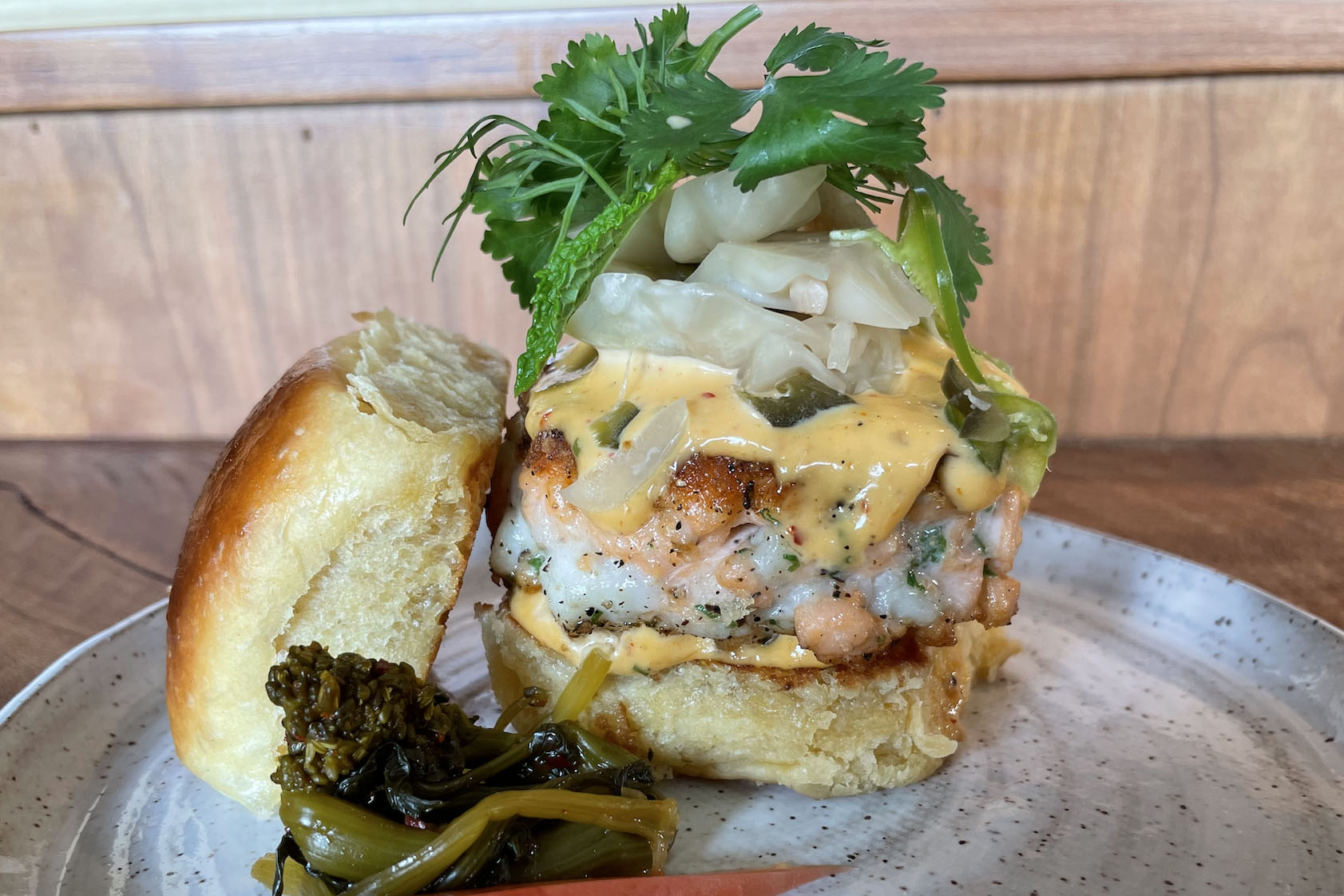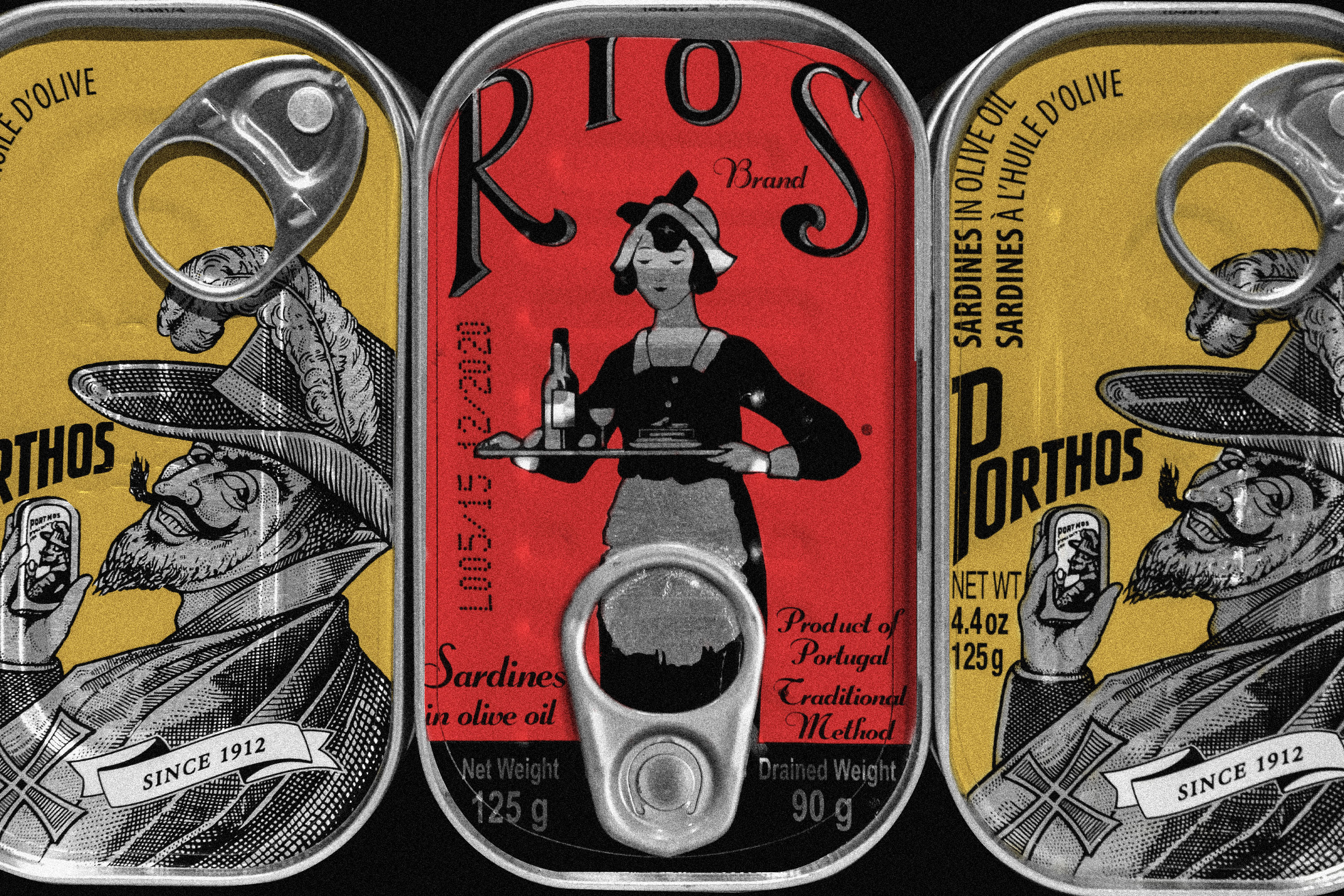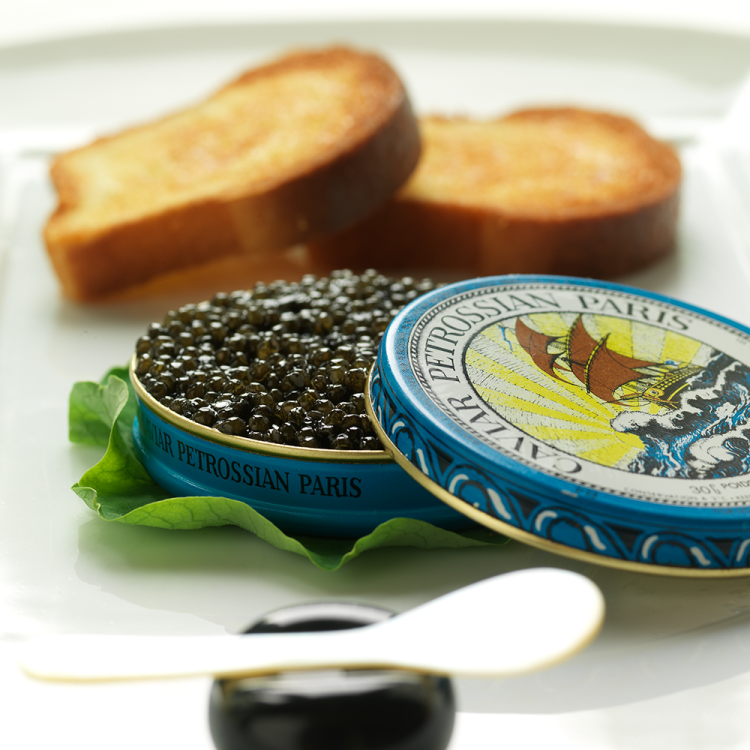As a professional chef, you need to be adaptable to, well, everything: the revolving seasons and the ingredients they bring (and the ones they leave behind), changing tastes among patrons, and migrating to new kitchens, whether it was your decision to leave the last one or not. Last year, chefs were given perhaps their greatest obstacle yet, a struggle Chef Matt Conroy knows all too well.
“I’ve been cooking for 21 years,” says Conroy. “I started when I was 14 in a diner in Lawrence, Massachusetts. Nothing in my career has prepared me for all the continuous changes [brought on by the pandemic]. As a chef we pride ourselves in our ability to adapt around hard situations, but I’ve also never felt more proud to be part of an industry that cares so much for its people. I know restaurants, if given the opportunity and support, will come out stronger on the other side of this.”
Conroy had been working in New York City restaurants for nearly 10 years, once as the executive chef of the infinitely charming French bistro Little Prince before opening the Michelin-starred Oxomoco alongside Chef Justin Bazdarich, in Greenpoint, Brooklyn. Deciding he needed a new city, he began dreaming of DC, where he says “the food scene is growing so fast … it was always on my mind to hopefully find a space here.”
Those thoughts became manifestations: when Conroy was on vacation in Oaxaca last February, he received a call from none other than Omar Popal, part of the well-known Popal family and the co-owner of beloved D.C.
spots such as Lapis in Adams Morgan and The Berliner in Georgetown. When Popal came ringing, it was because he had just completed renovations on the space for Lutèce, once the home of the cozy French bistro Cafe Bonaparte.
“He told me he needed a chef that loved French food and bistros to take charge, so I flew back from Mexico and took the morning metrobus to start a new chapter,” says Conroy. “I started at Lutèce the same day. Starting a job is hard, opening a restaurant is even more complicated. It was after one month, when I felt I was just starting to settle, when we received the news of the quarantine. And then on March 15th, after brunch service, we closed our doors not knowing what was ahead.”
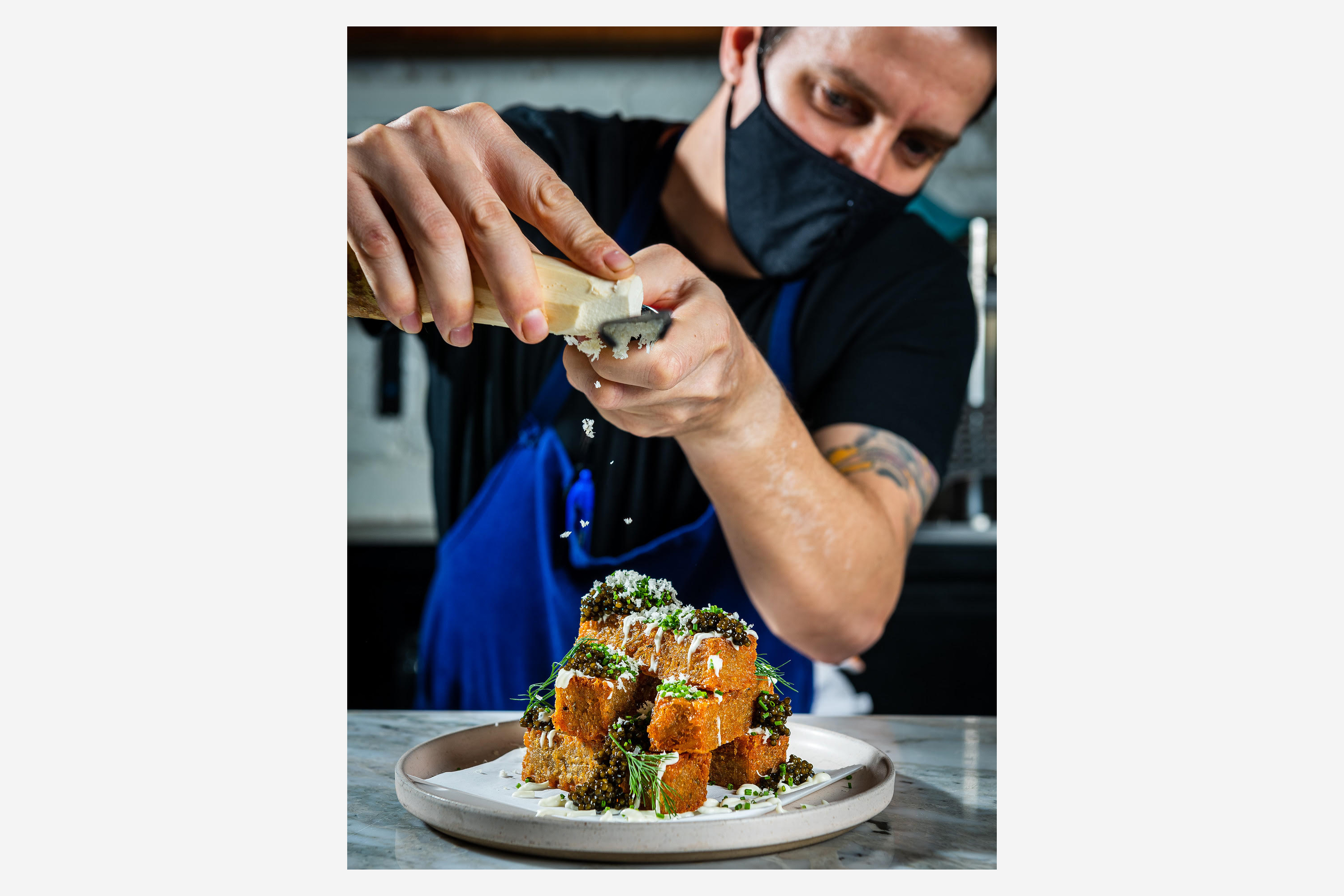
Luckily Conroy still had his apartment in New York City, so he moved back thinking it would be a trip lasting no longer than two weeks. Instead, like chefs are required to do, Conroy adapted. He passed his time by creating a trade with a friend who works in natural wine importing: his friend received prepped meals for him and his family in exchange for wine. Needless to say, Conroy spent much of his quarantine imbibing, as well as taking a stab at the sourdough bread baking we all seemed to get into at one point — the only difference being that Conroy’s now-perfected sourdough focaccia is now a staple on the menu at Lutèce.
“I was on the hunt for flour just like everyone else,” he says.
The restaurant was fortunate enough to reopen in August, and since then has had to adapt to continuous policy changes that regard customer safety as priority number one. There, Conroy draws upon inspiration from the modern bistros of Paris, where classically trained chefs go to have fun. That, luckily, seems to be the difference between a mediocre restaurant and a magnificent one: caring enough about not only the details of a dish, but the mental health of yourself and your team. “Happy cooks cook good food,” he says.
Conroy also says he wants all restaurant-goers to know just how important, and how impactful, enjoying a single meal at your local restaurant truly is. “It helps support cooks, servers, farmers, fishermen, dishwashers, linen companies, winemakers, purveyors, delivery drivers. So please get out and show your support. It is very much appreciated.”
Below, Conroy shares two of his favorite cookbooks for the home chefs among you, as well as the recipe for his go-to meal from quarantine: fish en papillote.
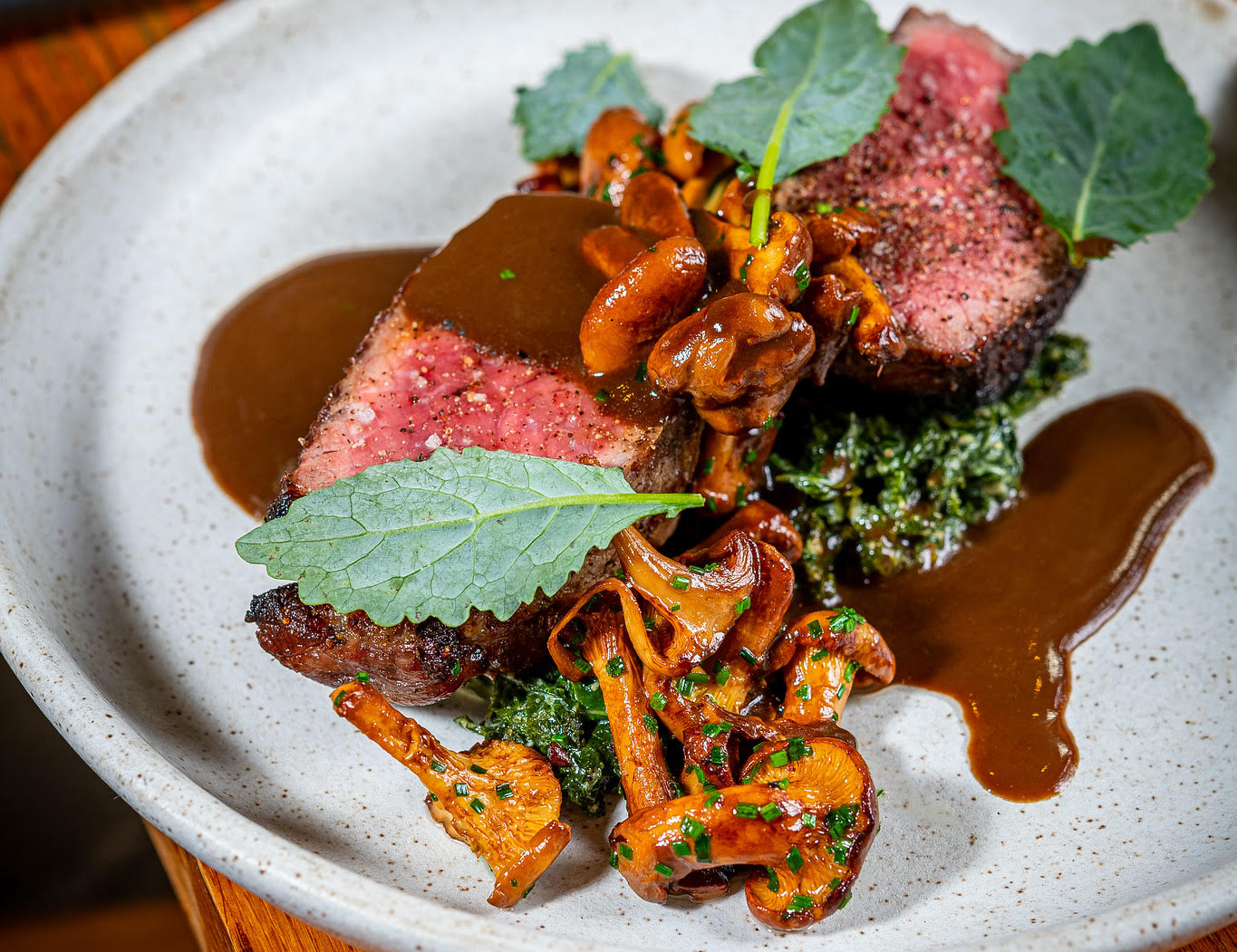
READING
Lummi: Island Cooking by Blaine Wetzel
Written by a friend of Conroy, Lummi: Island Cooking is a book by the hyper-local enthusiast and James Beard Award-winning chef Blaine Wetzel. Everything made in Wetzel’s kitchen is sourced within mere miles of it, and often hours after it has been harvested. His cookbook zeroes in on this philosophy, allowing home chefs to focus on what is in season and what is produced locally to make outstanding dishes from their own kitchen.
The Whole Fish Cookbook by Josh Niland
This fish-focused book by Aussie chef Josh Niland has received enough awards and celeb chef accolades to fill up a small auditorium, from being named the James Beard Book of the Year in 2019 to being voted one of the legendary Yotam Ottolenghi’s favorite books ever. In it, Niland reveals a completely new way to think about fish, from how they are sourced and butchered to the multitude of ways they can be prepared. The book also features more than 60 recipes that will help the home chef transform dozens of fish species into glorious meals.
A RECIPE
“My favorite dish to cook [during quarantine] was Fish en Pappillote, it’s so easy and you can’t go wrong.”
Ingredients:
- 2 fillets of cod or any fish you like
- 1 can of crushed tomato
- ½ Spanish onion sliced thin
- 2 cloves of garlic sliced
- 10 pieces of olives picholine
- 2 Tb of olive oil
- 2 springs of fresh thyme
- 1 tsp of smoked paprika
- 1 lemon
- Salt to taste and black pepper
Method:
In a hot pan with the olive oil, sweat onion, garlic until tender and translucent, add paprika to toast for 1 min, add the remaining ingredients (save the fish) and cook together for 5 minutes over medium heat.
Cut a piece of parchment paper in a heart shape and place your fish on one side and season with salt and pepper. Place the sauce on top and add some extra fresh herbs like thyme or rosemary. You can also add some lemon wedges to get an extra citrus punch on it. Fold the parchment around the edges tightly to create a half moon.
Make sure to press as you crimp and fold to seal the pockets well, arrange the pockets on a baking sheet and bake at 375 F until the pockets have inflated and the fish is cooked through, about 12 min.
Serve directly on the parchment on a plate or remove using a spatula make sure to don’t leave the juice behind.
Join America's Fastest Growing Spirits Newsletter THE SPILL. Unlock all the reviews, recipes and revelry — and get 15% off award-winning La Tierra de Acre Mezcal.

